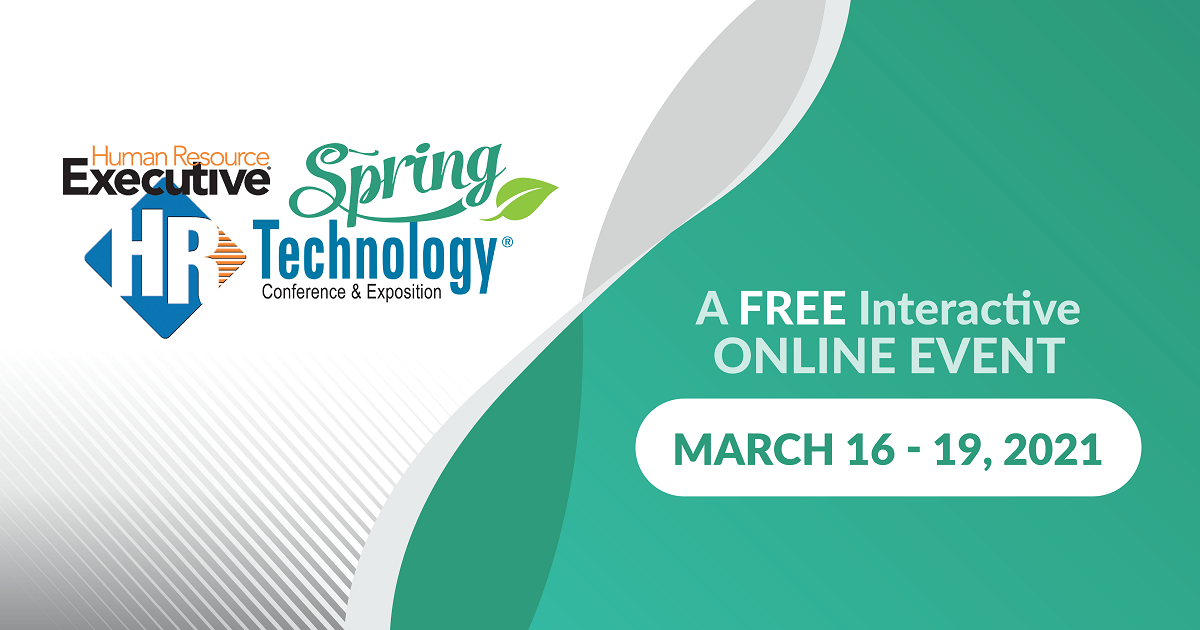Fewer than three in 10 employers say their wellbeing and caregiving programs have been effective at supporting employees during the pandemic, new research finds, signaling that organizations have significant work to do in revamping resources to help their workforce.
A Willis Towers Watson survey of 494 employers, representing some 6.4 million workers, finds that just 29% of companies believe their wellbeing programs have been helpful at supporting employees. Even fewer (27%) say the same about caregiving programs.
“There are two foundational reasons why some caregiving and wellbeing programs have not been effective–programs developed were not built with a pandemic in mind, and the voice of the employee often was not included when shaping or making decisions around programs,” says Regina Ihrke, wellbeing leader, North America for Willis Towers Watson.
Register for HRE’s Health & Benefits Leadership Conference here.
When it comes to caregiving programs, Ihrke says the primary pre-pandemic models of referrals or backup days were limited in their effectiveness due to health and safety reasons. “Working caregivers need holistic programs that are not just tactical in providing the actual care, but support all aspects of their work experience, including flexible work, adjustments to performance management and support from their manager, to name a few.”
Related: Here’s how TIAA revamped caregiving benefits during COVID-19
Complicating matters is simply that employees are dealing with a host of challenges and mental anguish as a result of COVID-19. The survey finds that the majority of employers (54%) cite rising stress and burnout as the No. 1 wellbeing and mental health concern, in part driven by an increase in caregiving needs and a lack of social connections, while 40% cite higher mental health-related claims as a top challenge. Two in three employers (67%) identify increased caregiving demands as the top driver of employee mental health concerns; the survey also reported that caregiving issues for employees with young and school-age children (56%) and decreased use of paid time off (43%) are the top workforce challenges due to the pandemic.
With these concerns in mind, Ihrke says many employers are now “acting with urgency as they look to take their wellbeing programs to the next level.” The survey found that 62% are making it a top priority in the next six months to improve their mental health benefits and stress management programs, up from 47% of employers saying the same six months ago. In addition, 33% said a top priority is developing a strategy for benefits in a post-COVID-19 world, while just 15% of employers said the same six months ago.
Spring HR Tech is almost here. Click HERE to register.
Rachael McCann, Willis Towers Watson’s senior director of health and benefits, says employers need to evolve their programs to address a broad set of needs of their employees and their families by providing a myriad of benefits, programs and resources. Some examples of these include programs focusing on caregiving, stress management, chronic conditions, financial literacy and tools, finding the right provider, creating connections to an organization’s community support through volunteer programs, and inclusion and diversity initiatives.
But, she says, because employers have seen low utilization of these programs or continually hear that employees are unaware they exist, employers must “address multi-faceted approaches to build awareness of these resources through traditional communications, training and updates with managers and digital navigation platforms that are customized for the most relevant needs of the employee and their families.”
“This is a critical time for employers to take a refreshed look at what they offer to ensure their programs support the evolving needs of their employees, through employee listening strategies, and then evaluate and prioritize their wellbeing programs to best meet employee needs while optimizing their resources and spend in these programs,” McCann says.




